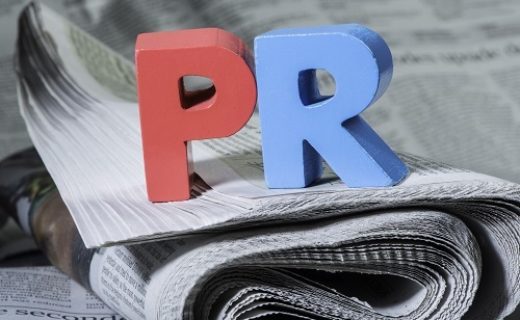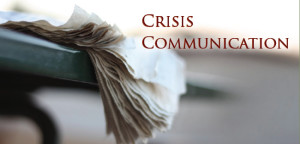Just as advertisers try to “pitch” consumers a message they hope will resonate, public relations professionals pitch journalists with suggestions for stories, on behalf of their clients. But not all pitches are created equal, and it helps to understand what circumstances create the most favorable conditions for eventual media exposure.
For our purposes, let’s assume you’ve got a fully-prepared spokesperson ready and available to do an interview . All you need to do is secure and arrange the opportunity.
#1 – Business Relevance
The most vital step in any media relations program is to consider what kinds of coverage make the most sense from a business perspective. Coverage in the Baltimore Sun likely won’t do much good for a business that operates solely in Seattle, for example, nor will coverage in a consumer interest publication for a B-to-B manufacturer. If you want to sell more widgets, focus on the media whose audience may be interested in those widgets.
#2 – Current Events
News, by definition, is the reporting of a recent event. Journalists need sources to comment on these events, so the more you can match the needs of your source to the needs of the journalist, the better it is for everyone.
General, how-to stories work well enough, but the most successful pitches address a current event and provide a source for commentary.
#3 – Source Expertise
This one may seem obvious, but it’s worth considering for a moment whether the topic you’re pitching aligns with the expertise of your spokesperson. Sometimes PR people get a little trigger-happy with the media relations before doing due diligence with the source, and that’s a mistake. The last thing you want is to secure an interview with a journalist, only to have the source decline because they’re not familiar with the subject.
#4 – Timeliness
The world of public relations revolves rapidly. What’s hot today is old news by tomorrow. Media deadlines are short, so timely outreach is vital. PR departments (and their agencies) need to pay close attention to what’s making news (or better yet, what’s likely to be making news in the near future). Make sure that your spokespeople are available and not, say, taking a cross-country flight in the next few hours after pitching an interview. Journalists won’t wait.





